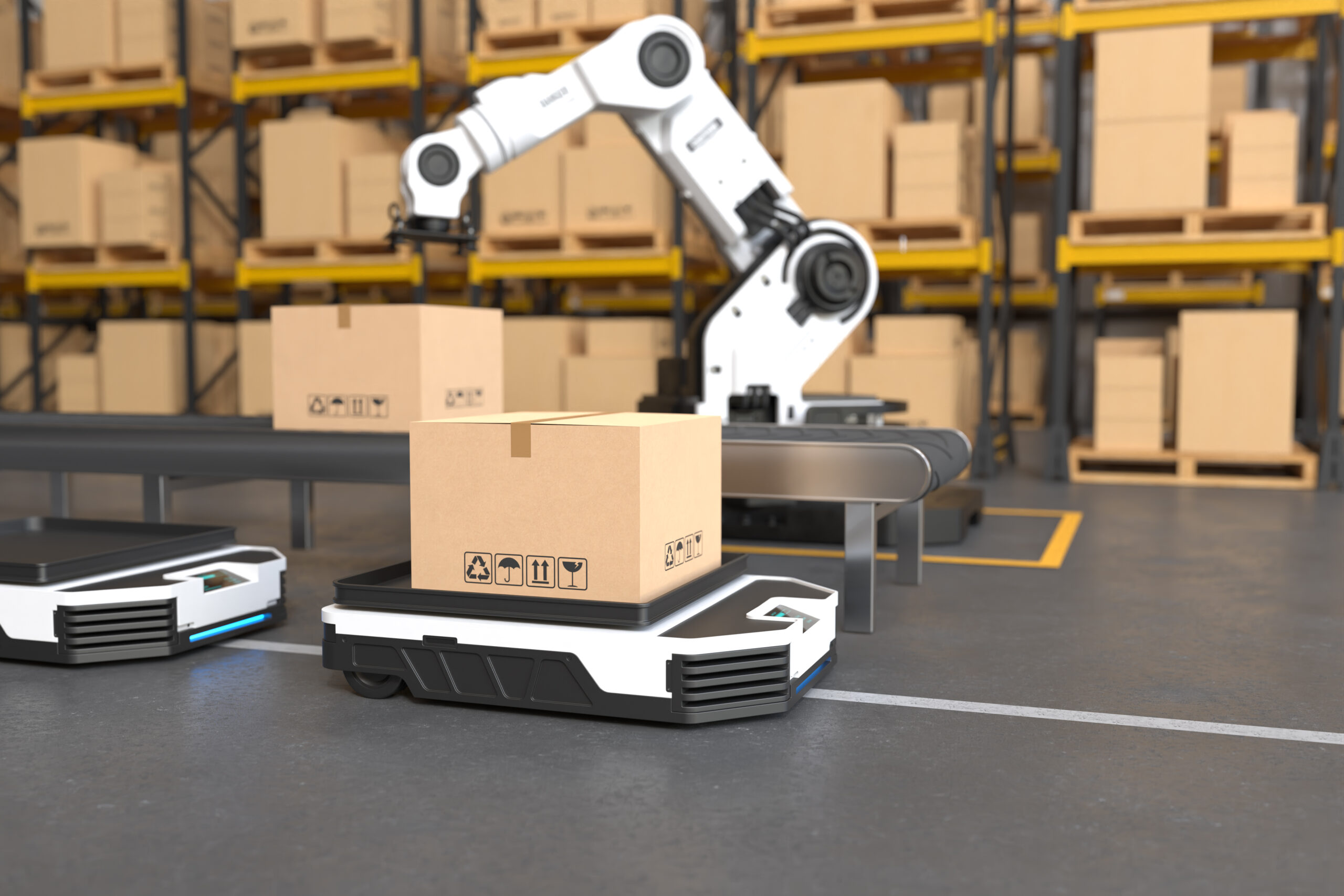The logistics sector is constantly evolving due to increasing customer expectations and the complexity of supply chains. In this dynamic environment, companies are turning to innovative technologies to optimize their business processes and gain a competitive advantage. One such technology, Robotic Process Automation (RPA), has become a significant tool for enhancing efficiency and effectiveness in logistics.
Implementation of Robotic Process Automation (RPA) in Logistics Operations
RPA enhances operational efficiency by automating logistics processes. It is used across a wide spectrum, from inventory management to order processing, and from shipping coordination to delivery. For instance, RPA bots can monitor stock levels, generate automatic orders, and prepare shipping documents. This reduces manual errors and accelerates processes, thereby ensuring that logistics operations are more effective and efficient.

Use of Robotic Process Automation (RPA) in Customer Services
Customer services in logistics firms is another area where RPA provides significant contributions. RPA bots can automatically handle customer queries, track shipments, and provide instant information. This not only increases customer satisfaction but also allows staff to focus on more strategic tasks. Especially during peak times, the speed and accuracy of RPA significantly enhance the quality of customer services.
The Role of Robotic Process Automation (RPA) in Reducing Costs and Increasing Efficiency
RPA offers cost advantages to logistics companies. Automated processes reduce errors and shorten transaction times, which lowers operational costs. Additionally, data analysis and reporting provided by RPA facilitate continuous improvement of processes and more informed decision-making. This translates into long-term cost savings and operational efficiency.

The Impact of RPA on Supply Chain Management in Logistics
RPA is transforming supply chain management. It can collect and analyze real-time data across the supply chain, enabling smarter decisions in areas such as inventory management, demand forecasting, and supplier selection. These insights help logistics companies to create more flexible and resilient supply chains.
RPA continues to revolutionize the logistics sector. In today’s world, where customer expectations are rising and the need for operational excellence is paramount, the importance of RPA is increasing. Logistics companies that adopt and implement this technology will gain a significant competitive advantage and stand out in the industry. The efficiency, speed, and cost benefits offered by RPA make it an indispensable tool in the logistics sector.





